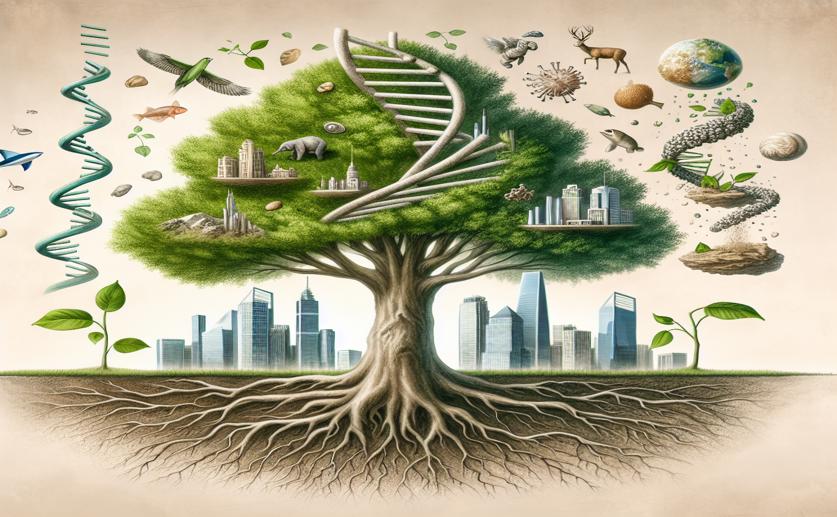
Exploring Life: Combining Ideas from Ecology, Business, and Evolution
Jenn Hoskins
21st January, 2024

Image Source: Natural Science News, 2024
References
Main Study
1) Systems theory, thermodynamics and life: Integrated thinking across ecology, organization and biological evolution.
Published 18th January, 2024
https://doi.org/10.1016/j.biosystems.2024.105123



 16th January, 2024 | Jim Crocker
16th January, 2024 | Jim Crocker